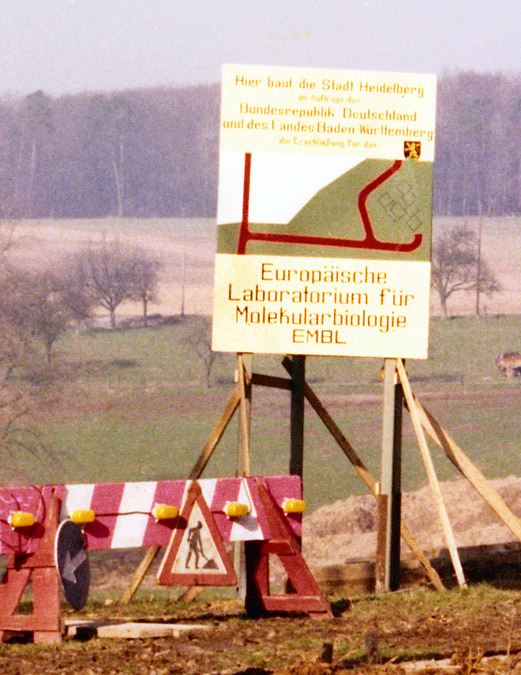The EMBL Archive: A project of historical magnitude

“Let’s not wait until memories have faded and papers be discarded at the end of a career before deciding to save our heritage.”
Scientists involved in the molecular biology revolution are aware of the transforming power of their discipline for society and history. Yet, the obsessive thrust towards future experiments has overshadowed the necessity to keep physical records of their discovery process, which is never as smooth as it appears in papers. In fact, unless somebody records it, the interesting twists and turns of a journey, and the characters and ideas that helped along the way may never be known. The need to capture this wealth of information is even more immediate at EMBL, with its fast turnover of staff and rapid growth.
The EMBL alumni office and Association board are very aware of the gradual loss of valuable knowledge as they regularly come into contact with departing and former staff whose recollections of discoveries, facilities, events and people at EMBL are quite significant. These recollections and the photographs, notes and documents used to present them are not yet officially or centrally stored.
With this in mind the Chair of the Alumni Association board and CeMM Director, Giulio Superti-Furga, took great inspiration from Sydney Brenner and Richard J. Roberts who wrote in 2007 a seminal commentary in Nature, “Let’s not wait until memories have faded and papers be discarded at the end of a career before deciding to save our heritage.”
At the 2010 reunion, Giulio announced that the Alumni Association is well connected to the community that has shaped EMBL from the beginning and is therefore well placed to begin an archival project that makes use of this large network of protagonists in EMBL’s history. The initiative was received with enthusiasm by all present and is supported by the EMBL Director General and other protagonists contacted so far.
To manage the initiative, a working group was formed which met in June to define the scope and potential of the project. This is a major undertaking, initially focusing on EMBL and its role in the history of European molecular biology. Its success relies heavily on good communication and extensive collaboration.
To this end, one of the most important tasks at this very initial stage of the project is to inform and involve EMBL, EMBO and their alumni, who will be contacted and invited to contribute at different stages of the project in 2011.